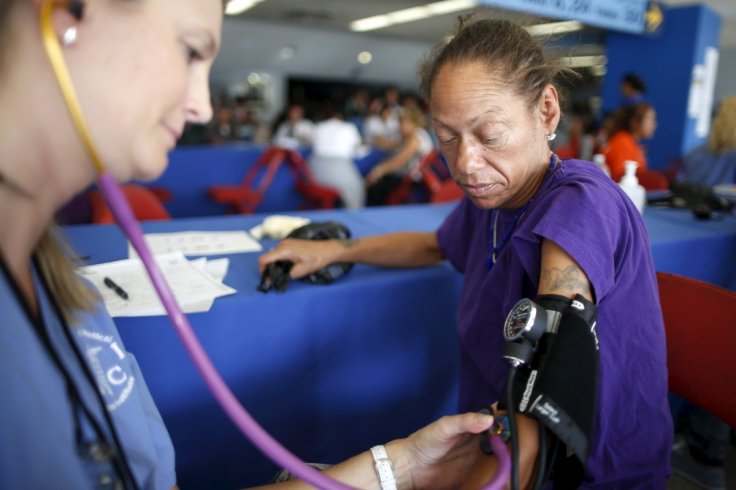
Trying hard to reduce your blood pressure levels? A new "triple pill" that combines low doses of three blood pressure-lowering medications may be safe and help reduce hypertension more effectively, researchers suggest.
Hypertension or high blood pressure has become a major problem around the world. It increases the risk of developing heart attacks, strokes, kidney problems and may even lead to death in some cases.
However, achieving desired reductions in blood pressure often requires treatment with more than one medication. This increases the complexity of treatment, and patients often have difficulty adhering to regimens that involve taking multiple pills every day, the researchers said.
The new combination pill, or Triple Pill, consisted of the blood pressure medications telmisartan (20 mg), amlodipine (2.5 mg) and chlorthalidone (12.5 mg).
These medications use different mechanisms to reduce blood pressure by relaxing the blood vessels, so the heart does not need to pump as hard to send blood throughout the body.
"Most people -- 70 per cent -- reached blood pressure targets with the Triple Pill. The benefits were seen straight away and maintained until six months, whereas with usual care control rates were 55 per cent at six months and even lower earlier in the trial," said lead author Ruth Webster, post-doctoral student at the University of New South Wales in Australia.
"Based on our findings, we conclude that this new method of using blood pressure-lowering drugs was more effective and just as safe as current approaches," Webster added.
For the study, presented at the American College of Cardiology's 67th Annual Scientific Session 2018, 700 patients were randomly assigned to receive either the combination pill or usual care, with an average age was 56 years.
Compared with patients receiving usual care, a significantly higher proportion of patients receiving the Triple Pill achieved their target blood pressure at six months, the findings showed. (IANS)









